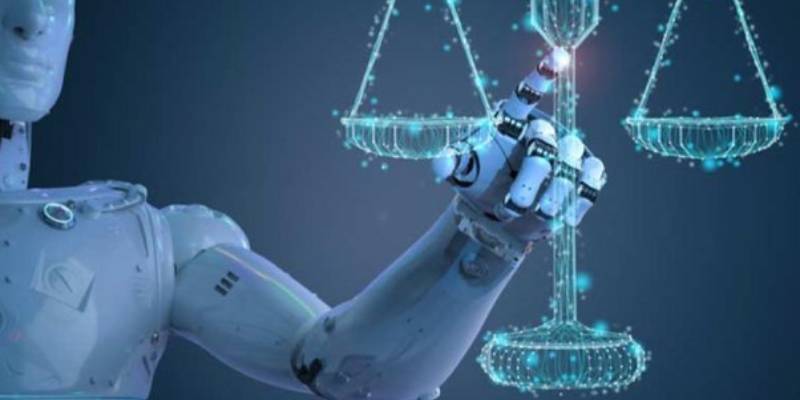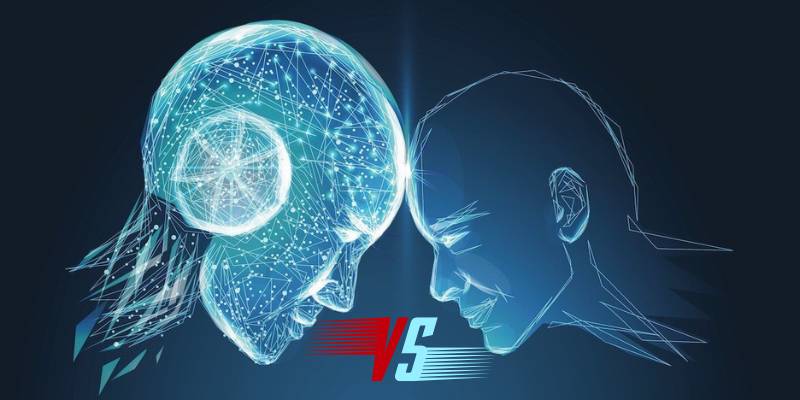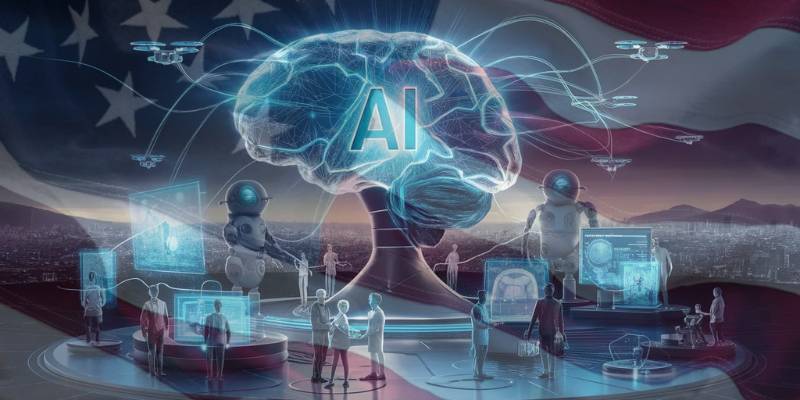It’s one of those warnings that lands with a thud—the kind that makes you pause mid-scroll.
During a recent IMF gathering, Managing Director Kristalina Georgieva threw down a gauntlet: most countries simply aren’t ready for artificial intelligence.
Not in terms of policy, not in ethics, not even in basic governance. It’s like humanity’s sprinted ahead building shiny new AI tools, and only now realized—oops—nobody brought a rulebook.
You can read her full remarks in this Reuters report.
She wasn’t exaggerating. The IMF’s new AI Preparedness Index paints a troubling picture—an uneven world divided between a few AI-savvy nations and a whole lot of “just trying to catch up.”
For instance, low-income countries still struggle to even define what responsible AI means in practice.
Meanwhile, Big Tech keeps innovating faster than regulators can spell “transparency.”
It’s déjà vu from the early internet days, except this time the stakes are global economies and social trust, not cat memes.
This isn’t just a bureaucratic gripe. Think about it—how do you regulate algorithms that learn faster than the people policing them?
Europe’s trying, of course, with its sweeping AI Act set to roll out next year. But even that’s a moving target.
Tech evolves, loopholes appear, and enforcement becomes a game of high-speed whack-a-mole.
Across the Atlantic, California’s new AI disclosure law is stirring up debate too.
It forces companies to tell you when you’re chatting with a bot—an idea that sounds sensible until you realize how murky the line between “AI-assisted” and “AI-driven” really is.
The Verge broke down the details in their piece on California’s latest AI transparency rules.
Honestly, I kind of like the honesty of it; nobody likes being ghosted by a chatbot pretending to be Karen from HR.
But Georgieva’s bigger concern isn’t transparency—it’s survival. Without proper governance, she argued, AI could deepen inequality, erode jobs, and polarize economies.
Developing countries, lacking both infrastructure and institutional oversight, might face what she called “technological colonization.”
That phrase stings, doesn’t it? And yet, if you look at how generative AI models are being deployed across finance and education, it’s not hard to see the imbalance.
Reuters’ companion coverage on the global economic divide in AI dives deeper into that tension.
Meanwhile, the European Union just dropped a billion-euro program to boost local AI innovation—an effort not just to catch up with Silicon Valley, but to reclaim digital sovereignty.
It’s a fascinating counter-move, covered in detail here. The irony? As regulators scramble to build walls, innovation keeps flowing right through them, like water through a sieve.
I can’t help but wonder—what if we’ve built something that can’t be fully tamed? That’s not doom-saying, just realism.
Every major leap in tech—electricity, the internet, nuclear energy—had its moral hangovers. AI’s version might just be faster and harder to undo.
And maybe, just maybe, Georgieva’s plea isn’t about control, but about catching our collective breath before we leap again.
Because here’s the twist: despite the hand-wringing, most countries still see AI as a golden ticket for productivity.
The U.S. Supreme Court, for instance, is already wrestling with what happens when machines start creating rather than just computing.
A recent filing about AI-generated copyright claims shows just how unprepared even our laws are for this new reality.
So, are we doomed? Not necessarily. But if AI is the new electricity, as the optimists love to say, we’re still wiring the house in the dark.
And the IMF just flipped on a flashlight, asking—quietly but firmly—who’s really holding the fuse box?


